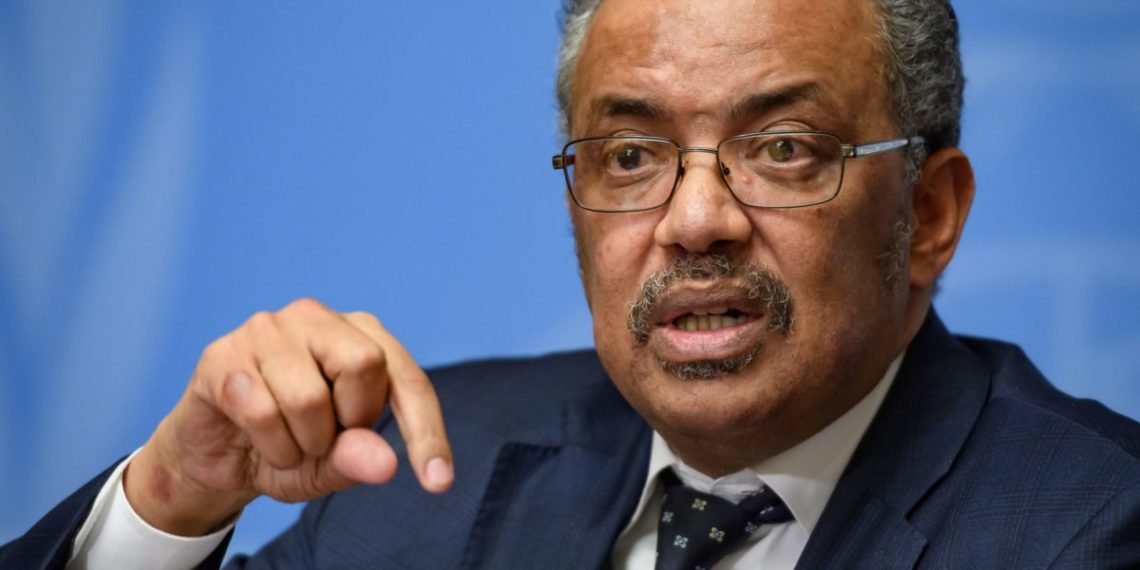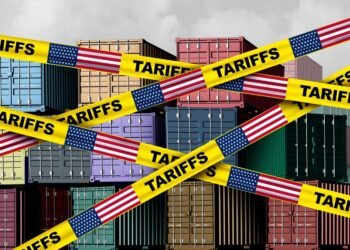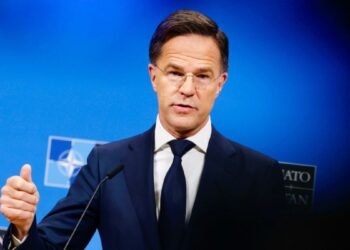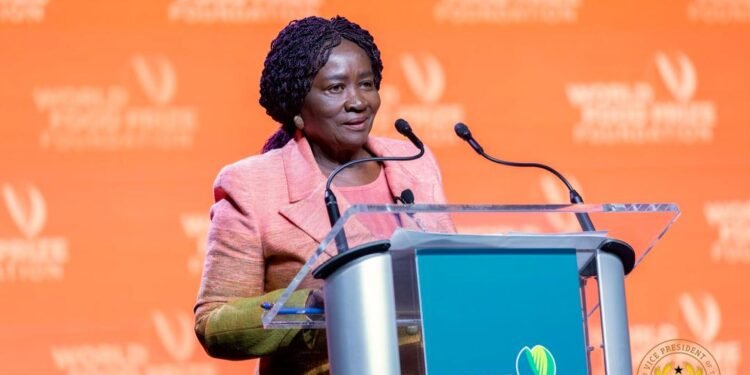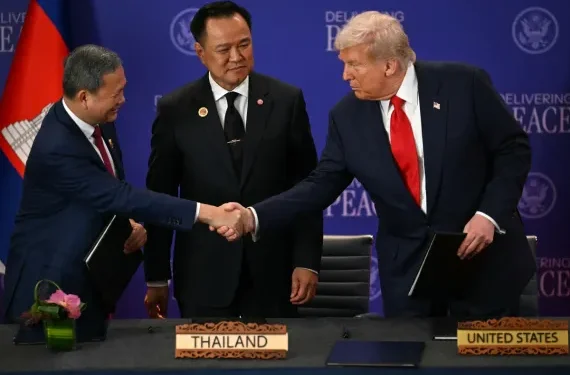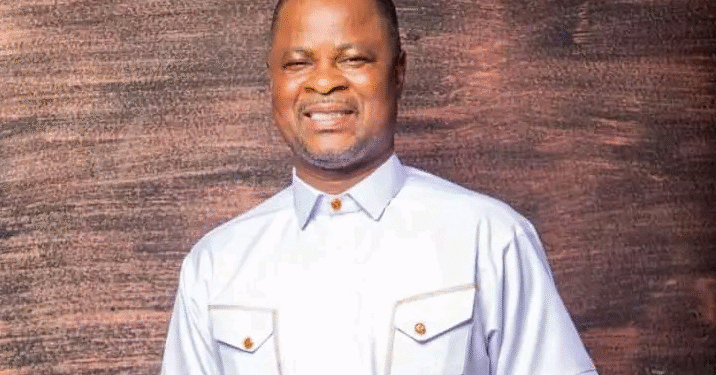The Director-General of the World Health Organization (WHO), Tedros Adhanom Ghebreyesus, has said in his latest briefing on the pandemic that Governments face another “critical moment for action” as coronavirus cases surge in parts of Europe and North Africa.
Germany, France, Italy and the United Kingdom are among countries in Europe trying to get the spread of the disease under control by instituting a lockdown, whiles the health crisis in the United States is also deepening.
According to data from Johns Hopkins University, nearly 47 million people around the world have been diagnosed with the coronavirus around the world and 1.2 million people have died.
In the virtual briefing, Mr Ghebreyesus said leaders needed to “step up” while people had to “come together” to tackle the virus.
“We all have a role to play in suppressing transmission and we have seen across the world that it’s possible.
“In some countries, we’re seeing cases go up exponentially and hospitals reach capacity, which poses a risk to patients and health workers alike.
“We need countries to again invest in the basics so that measures can be lifted safely and governments can hopefully avoid having to take these measures again.”
The WHO chief, who is in quarantine after a contact tested positive for COVID-19, stressed a “whole-of-government, whole-of-society approach” was necessary and urged governments to learn from each other to better tackle the outbreak.
“Public health is more than medicine and science and it is bigger than any individual,” he said.

Earlier, Mr Ghebreyesus also warned against suggestions by some scientists to just allow COVID-19 spread in the hope of achieving “so-called herd immunity”, saying this was “unethical”.
Tedros Adhanom Ghebreyesus said that “herd immunity is a concept used for vaccination, in which a population can be protected from a certain virus if a threshold of vaccination is reached”.
He pointed out that for measles, for instance, it is estimated that if 95 percent of the population is vaccinated, the remaining five percent will also be protected from the spread of the virus.
For polio, the threshold is estimated at 80 percent, he said.
“Herd immunity is achieved by protecting people from a virus, not by exposing them to it,” Tedros said.
“Never in the history of public health has herd immunity been used as a strategy for responding to an outbreak, let alone a pandemic,” he asserted, calling the strategy “scientifically and ethically problematic”.
“Allowing a dangerous virus that we don’t fully understand to run free is simply unethical. It’s not an option.
“There are no shortcuts and no silver bullets. The answer is a comprehensive approach – using every tool in the toolbox.”
There has been resistance to some coronavirus mitigation measures, such as mask-wearing in some countries and the renewed lockdowns in Europe have also triggered protests among people concerned about economic hardship.
The WHO said Mr Ghebreyesus, who has reported he was symptom-free and feeling well, had not been tested for the virus. He will continue to work from home.



